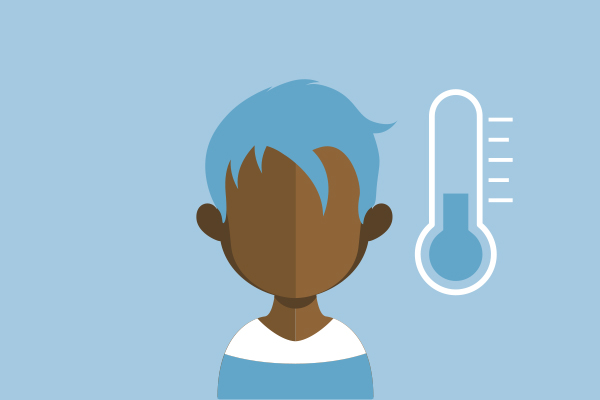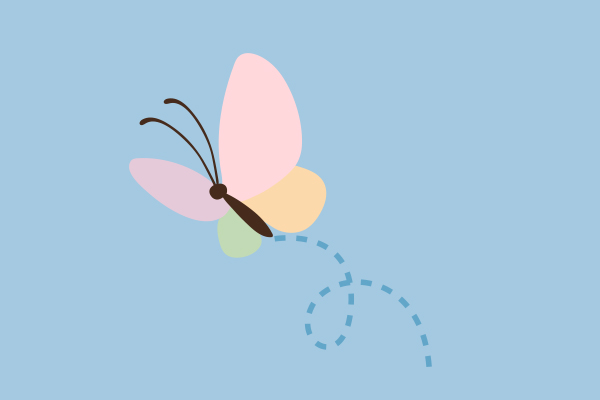School administration and teachers, after familiarizing themselves with the content of the Competences for
Democratic Culture model, and having tested it on issues of concern to their school, use it with parents and
refugee students.
The school’s teaching staff:
- further use the Competences for Democratic Culture model,
- apply it for parents and refugee students.
- have used the Competences for Democratic Culture model in practice at school
- apply the model in planning and implementing activities for the inclusion of refugee children
- cooperate to achieve common goals.
Steps
- In groups of 4-6, members sit around tables. The trainer briefly reiterates the Competences for democratic culture (see attachment or page 9 of the Handbook’s Introduction) and explains that just as the host society (management, parents, teachers and local students) need particular skills in order to develop a democratic behavioral culture, so do refugee parents and students need certain skills in order to be included and integrate smoothly in the European school reality.
- The facilitator hands out a copy of the butterfly to each group, and explains that half of the groups will work with refugee parents and the other half with refugee students. She asks what they consider important Competences for Democratic Culture from each axis in order for the refugee parents/students to integrate smoothly into the school and as a consequence into the local community. What knowledge should they acquire that will help them understand and adapt to the new cultural environment? What skills should they cultivate, and where should they possibly adapt? What attitudes and values does the European way of life represent?
- In plenary the groups present the conclusions to the other working groups and discuss possible differences in the choice of competences.
- Participants return to the working groups and record practical ways of cultivating the specific competences, both in the context of the classroom and the wider school. In what ways can local students and parents get involved in this activity?
- In plenary the groups present their conclusions and reflect on the next steps.
Εvaluation
Reflective circle.

Duration: 60 minutes
Materials:
Copies of the butterfly for each group.





